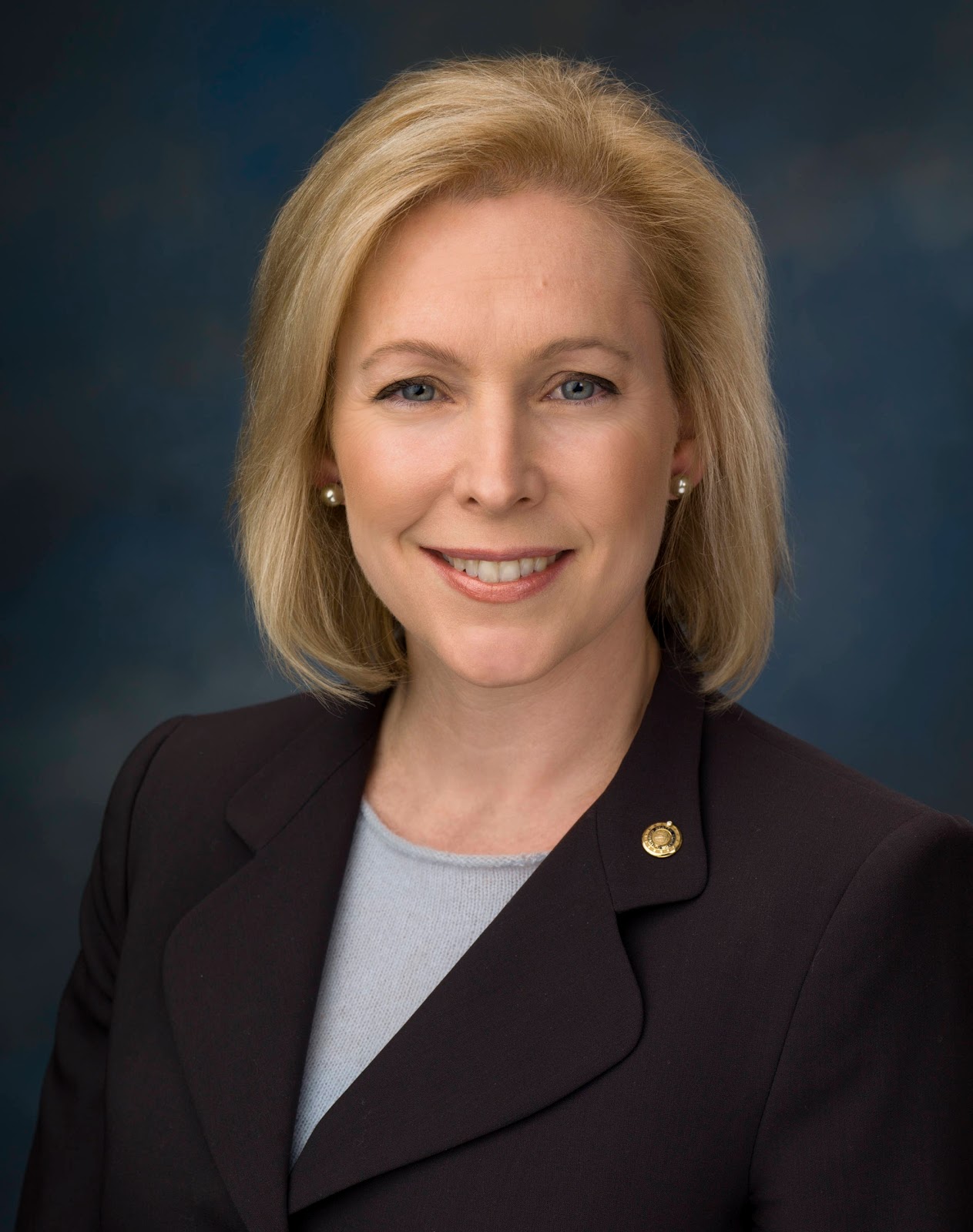
WASHINGTON, D.C. — Today, U.S. Senator Kirsten Gillibrand demanded answers on the state of operations in the U.S. Postal Service (USPS) from Postmaster General Louis DeJoy and urged him to address delays in mail delivery that are putting lives, the economy, and our democracy at risk. Recently, disturbing reports have emerged of slow mail delivery, mail left sitting in facilities overnight, and the sudden removal of mail collection boxes. The delays have shone a light on the challenges of delivering and receiving absentee ballots on time. Additionally, post offices across the country are at risk of further operational cuts and job losses without federal relief. At a time when even more Americans, especially seniors, are relying on the Postal Service for the delivery of vital information, income, prescriptions and other goods to stay safe and healthy, Gillibrand is fighting to ensure the postmaster general and the administration support USPS, rather than limit its services.
“I am deeply troubled by the reports of operational issues at the Post Office,” said Senator Gillibrand. “Postmaster General DeJoy claims that these operational changes — such as reducing carrier hours and overtime, removing sorting machinery from post offices, and taking mail collection boxes off the street without warning — will improve efficiency, but the reality is that they are creating unacceptable delays of critical deliveries of prescriptions, paychecks, Social Security, and they threaten our ability to vote by mail. With our country in the midst of unprecedented economic and public health crises, DeJoy must testify before Congress and answer for reportedly intentionally damaging the USPS. I will continue fighting with my colleagues to ensure the Postal Service receives desperately needed resources.”
The destructive changes imposed by Postmaster DeJoy threaten to slow mail or compromise service for veterans, small businesses, rural communities, seniors, and millions of New Yorkers who rely on the mail for medicines, essential goods, voting, correspondence, and income. Recent changes are particularly harmful to the 1.3 million servicemembers and their families who serve both domestically and overseas because USPS is the only service that can deliver to the Army Post Office (APO) and Fleet Post Office (FPO) addresses used by our military overseas. Policies that restrict or delay mail disproportionately harm our service members that rely on USPS for the delivery of medicines, ballots, bills, and often their only reliable connection with loved ones during military service. Additionally, with millions more Americans relying on mail in ballots for November and unprecedented election challenges due to the pandemic, recent changes to USPS could increase costs for states and make it impossible for election mail to be delivered in time.
DeJoy’s actions have posed an unacceptable threat to the operations and efficiency of the Postal Service at a time when many postal service employees have seen their workload double. Senator Gillibrand, alongside Senator Schumer, has called on DeJoy to immediately appear before Congress and they are pushing for legislation to alleviate damage and ensure mail-in ballots are treated as First Class priority mail.
In the face of repeated attacks from the Trump administration on the Postal Service, Senator Gillibrand has argued that legislation, like her Postal Banking Act, is primed to protect USPS. Her bill would create approximately $9 billion per year in revenue, and would safeguard democracy by ensuring Americans across the country have access to vote by mail. The Postal Banking Act would strengthen the Postal Service by establishing a nonprofit bank offering low-cost checking and savings accounts, ATMs, mobile banking, and low-interest loans. The postal bank would also help the millions of Americans who have been economically devastated by the coronavirus pandemic. By funding the Postal Service, the legislation will help maintain the more than 30,000 locations across the country that serve voters in every community.
